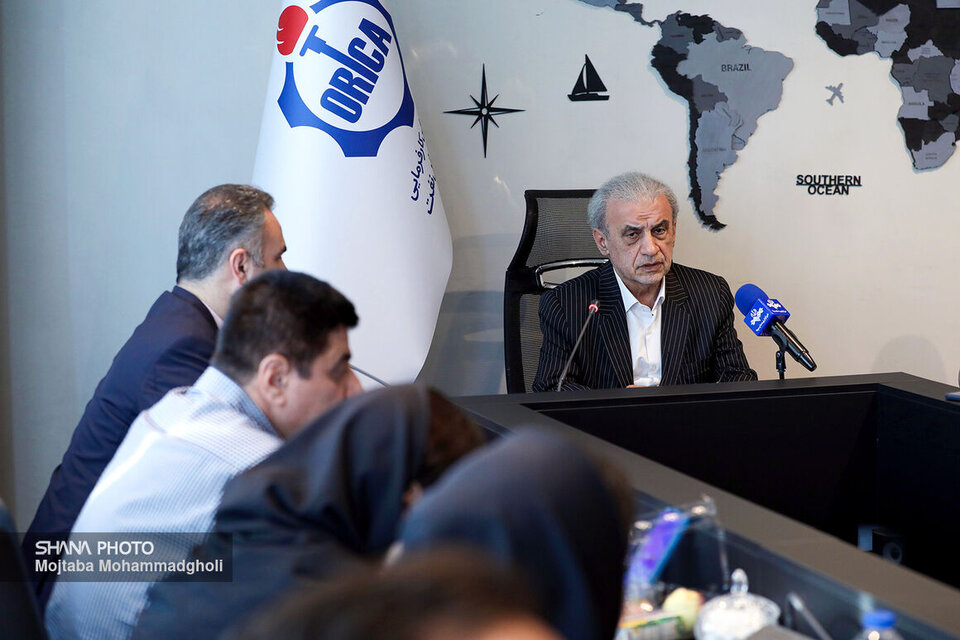Speaking at a Sunday news conference marking National Journalists’ Day, Nasser Ashouri underscored the strategic role of refineries in energy security. He called journalism a valuable but risky profession, saying reporters play a key role in promoting social justice and transparency, and in bringing critical economic and political issues to the attention of decision-makers.
Highlighting the economic, social and security importance of the refining sector, Ashouri said it must be preserved and strengthened to remain self-reliant. He noted that during a recent 12-day conflict, refinery workers showed great dedication, and despite the crisis, production of gasoline and diesel not only continued but rose significantly.
Reliance on skilled workforce
Despite economic challenges and aging facilities, Iran’s refining industry has achieved near self-sufficiency in petroleum product output by relying on skilled labor, Ashouri said. Production has even increased during crises, he added.
Comparing Iran’s refining industry with global standards, Ashouri noted that while other countries use robots for maintenance and safety operations, Iran must rely on human labor, which significantly increases risks. Major overhauls can require 5,000 to 6,000 workers to complete in less than the usual 20 days, he said.
Over the past nine years, daily gasoline output has more than doubled, thanks to the efforts of specialized personnel, Ashouri said.
No gasoline imports needed — If…
Ashouri said that with excessive consumption curbed, smuggling reduced and the auto industry improved, Iran would have no need to import gasoline. Without these reforms, he warned, domestic overuse and abnormal smuggling will continue to drive the gasoline imbalance.
He also urged the government to grant more authority to the private sector, associations and unions in line with national policies and development plans, saying private operators are working at full capacity and deserve greater support.


Your Comment